NetChoice v. Texas, FloridaWhen the U.S. Supreme Court put challenges to Florida and Texas laws regulating social media content moderation on the docket, it seemed assured that this would be one of the yeastiest cases in recent memory. The Supreme Court’s majority opinion came out Monday morning. At first glance, the yeast did not rise after all. These cases were remanded back to the appellate courts for a more thorough review.
But a closer look at the opinion shows the Court offering close guidance to the appellate court, with serious rebukes of the Texas law. Anticipation was high for a more robust decision. The Court was to resolve a split between the Fifth Circuit, which upheld the Texas law prohibiting viewpoint discrimination by large social media platforms, while the Eleventh Circuit upheld the injunction against a Florida law regulating the deplatforming of political candidates. The Court’s ruling was expected to resolve once and for all the hot-button issue of whether Facebook and other major social media platforms can depost and deplatform. Instead, the Court found fault with the scope and precision of both the Fifth and the Eleventh Circuit opinions, vacating both of them. The majority opinion, authored by Justice Elena Kagan, found that the lower courts failed to consider the extent to which their ruling would affect social media services other than Facebook’s News feed, including entirely different digital animals, such as direct messages. The Supreme Court criticized the lower courts for not asking how each permutation of social media would be impacted by the Texas and Florida laws. Overall, the Supreme Court is telling the Fifth and Eleventh to drill down and spell out a more precise doctrine that will be a durable guide for First Amendment jurisprudence in social media content moderation. But today’s opinion also contained ringing calls for stronger enforcement of First Amendment principles. The Court explicitly rebuked the Fifth Circuit for approval of the Texas law, “whose decision rested on a serious misunderstanding of the First Amendment precedent and principle.” It pointed to a precedent, Miami Herald Publishing Co. v. Tornillo, in which the Court held that a newspaper could not be forced to run a political candidate’s reply to critical coverage. The opinion is rife with verbal minefields that will likely doom the efforts of Texas and Florida to enforce their content moderation laws. For example: “But this Court has many times held, in many contexts, that it is no job for government to decide what counts as the right balance of private expression – to ‘un-bias’ what it thinks is biased, rather than to leave such judgments to speakers and their audiences.” The Court delved into the reality of content moderation, noting that the “prioritization of content” selected by algorithms from among billions of posts and videos in a customized news feed necessarily involves judgment. An approach without standards would turn any social media site into a spewing firehose of disorganized mush. The Court issued a brutal account of the Texas law, which prohibits blocking posts “based on viewpoint.” The Court wrote: “But if the Texas law is enforced, the platforms could not – as they in fact do now – disfavor posts because they:
So what appeared on the surface to be a punt is really the Court’s call for a more fleshed out doctrine that respects the rights of private entities to manage their content without government interference. For a remand, this opinion is surprisingly strong – and strong in protection of the First Amendment. Former U.S. Representatives, Bob Goodlatte (and our senior policy advisor) and Barbara Comstock, provide insight in The Hill about the latest House hearing highlighting the latest threat to journalism and why the Senate should finally pass the PRESS Act.
Dissenting Judge: “Will prevent worshipers from ever again exercising their religion” |
Archives
June 2024
Categories
All
|
ABOUT |
ISSUES |
TAKE ACTION |




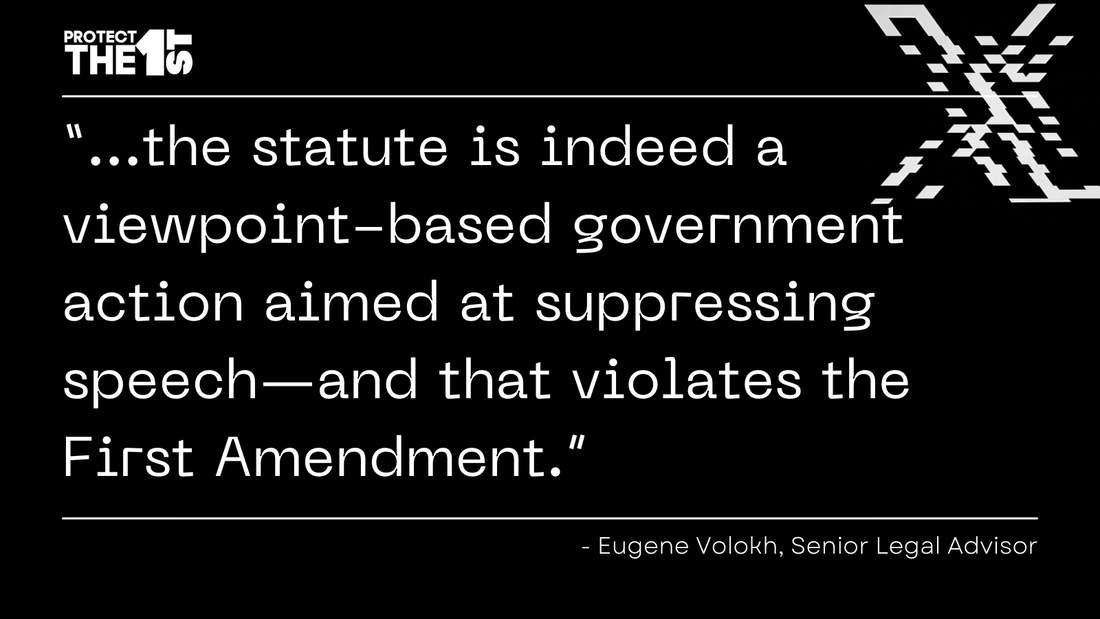
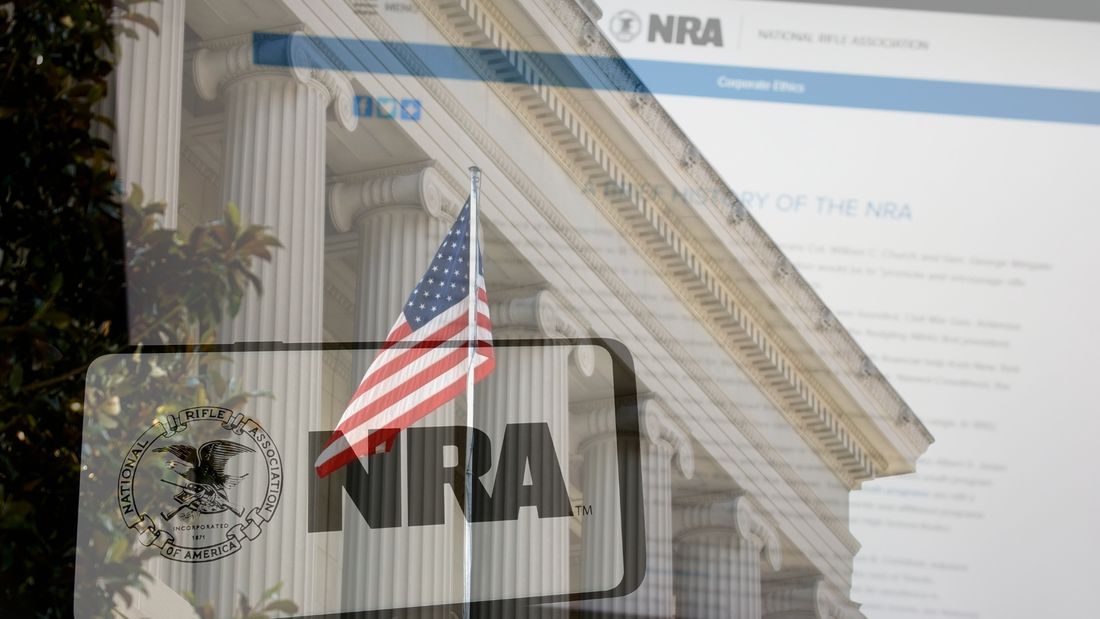
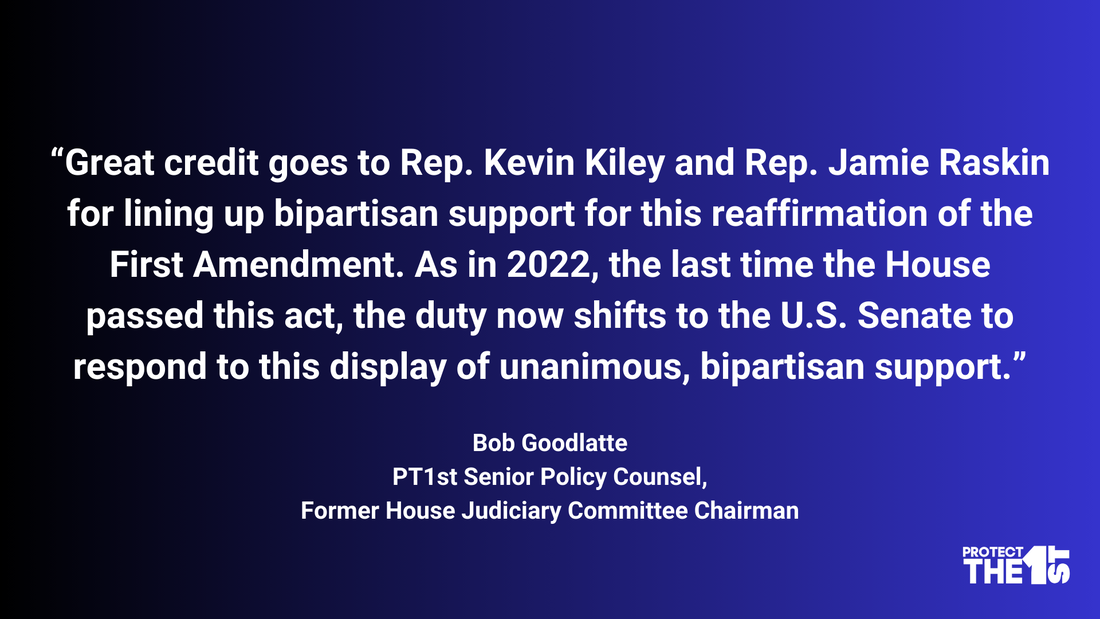
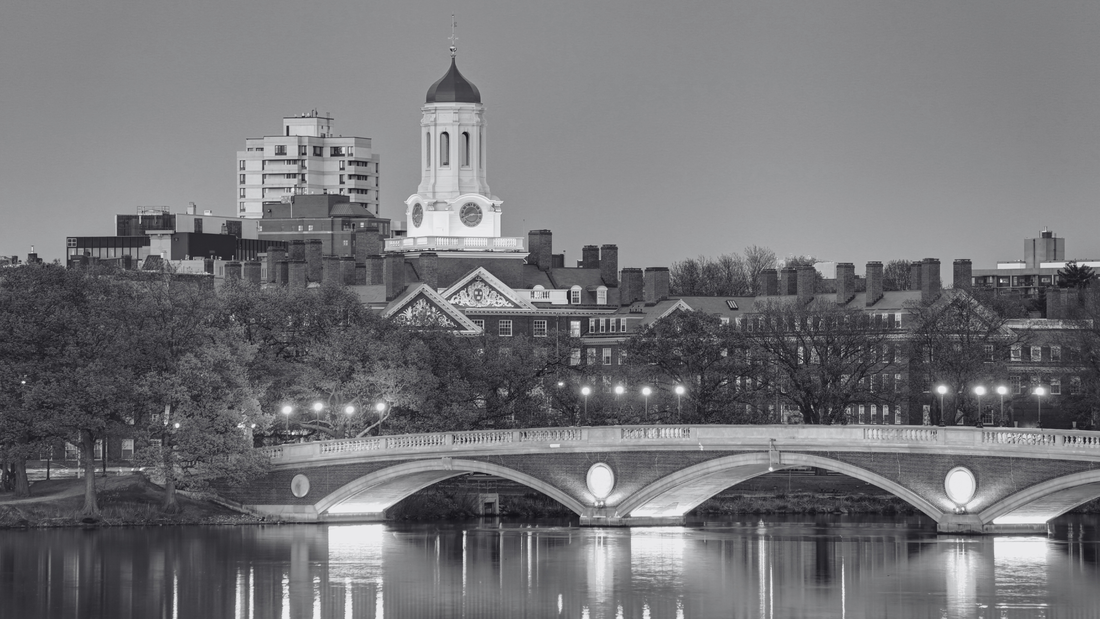
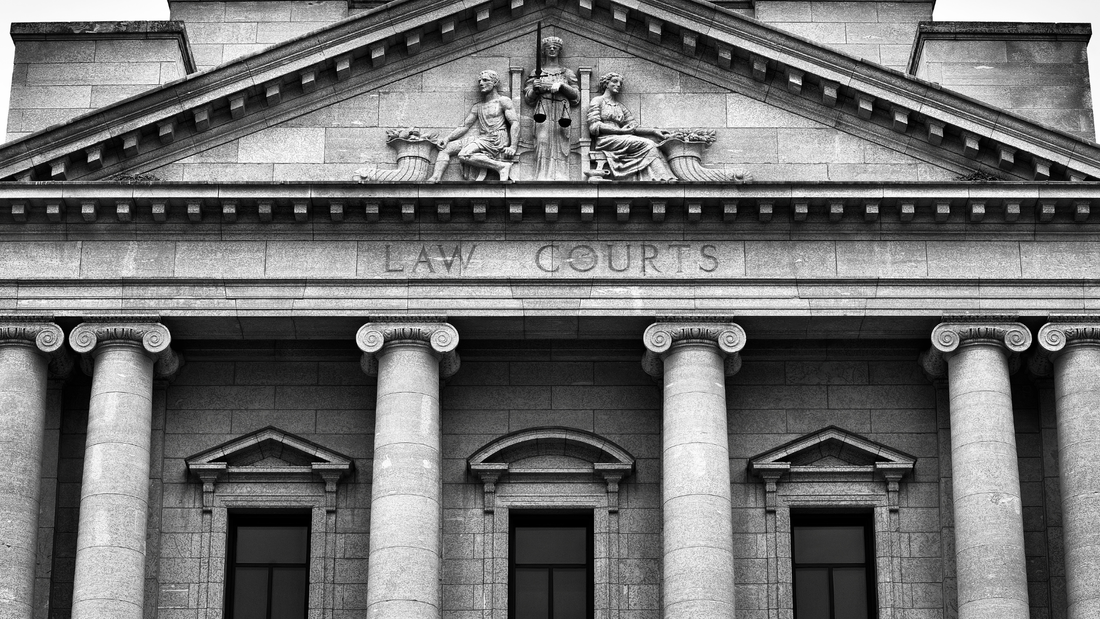
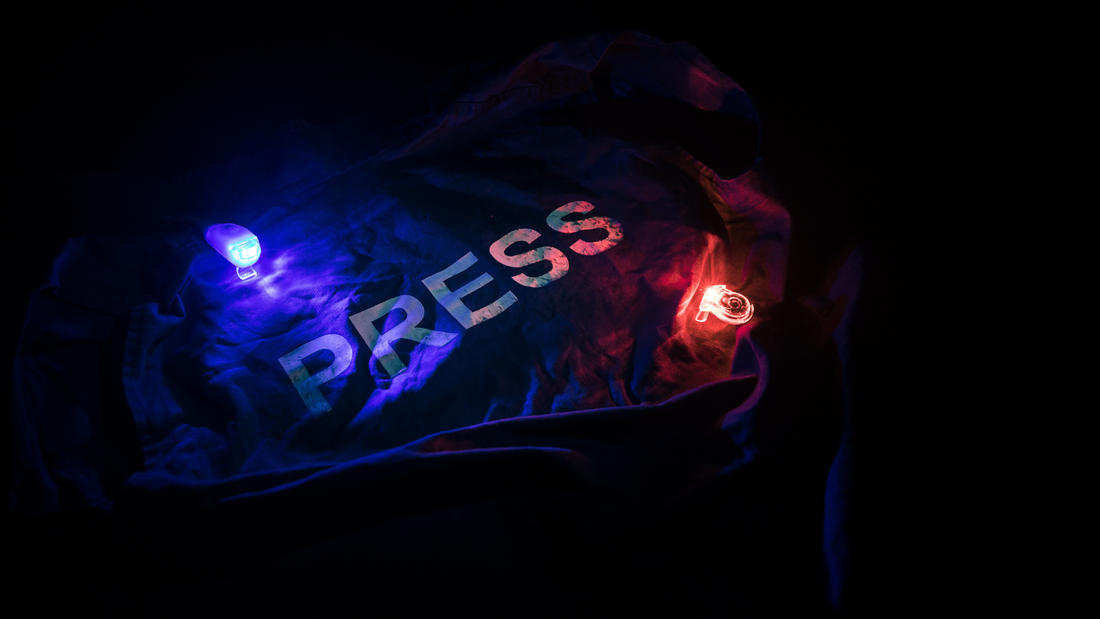
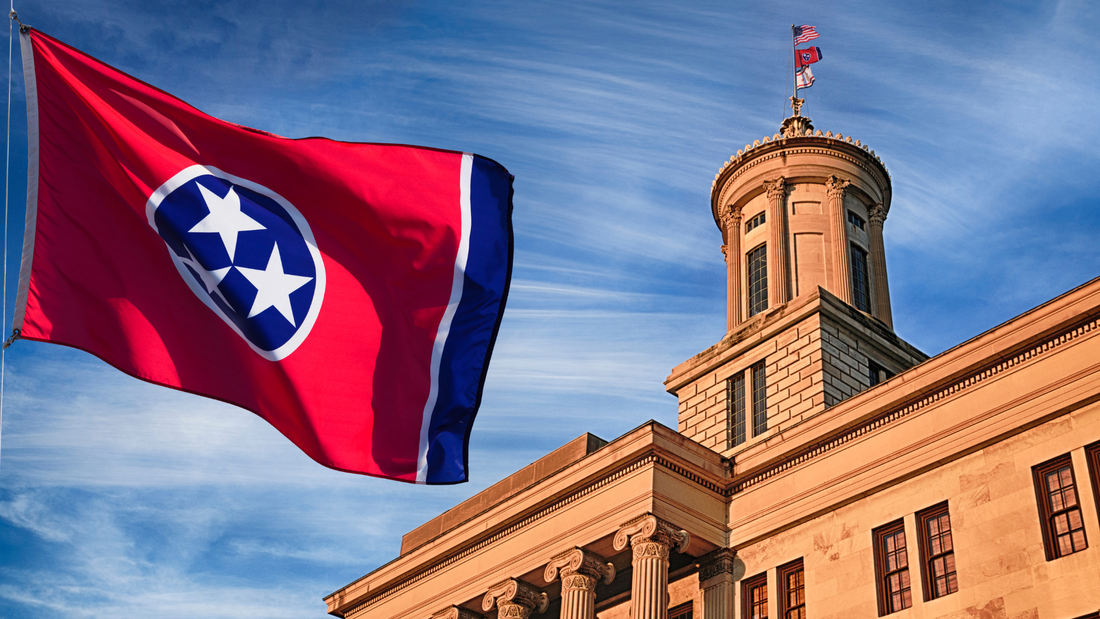



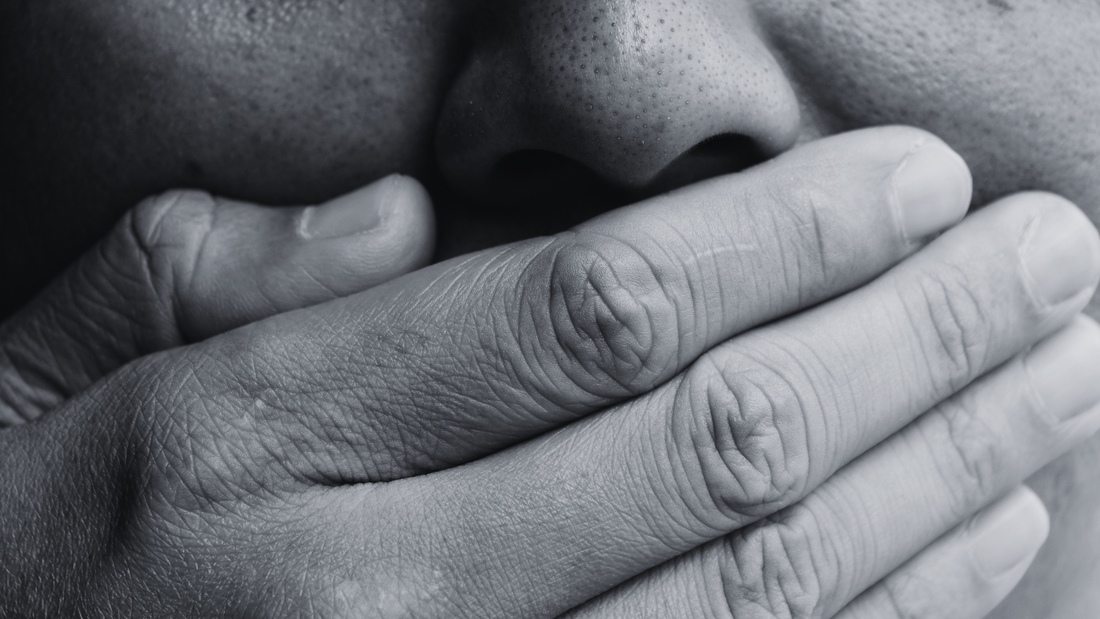
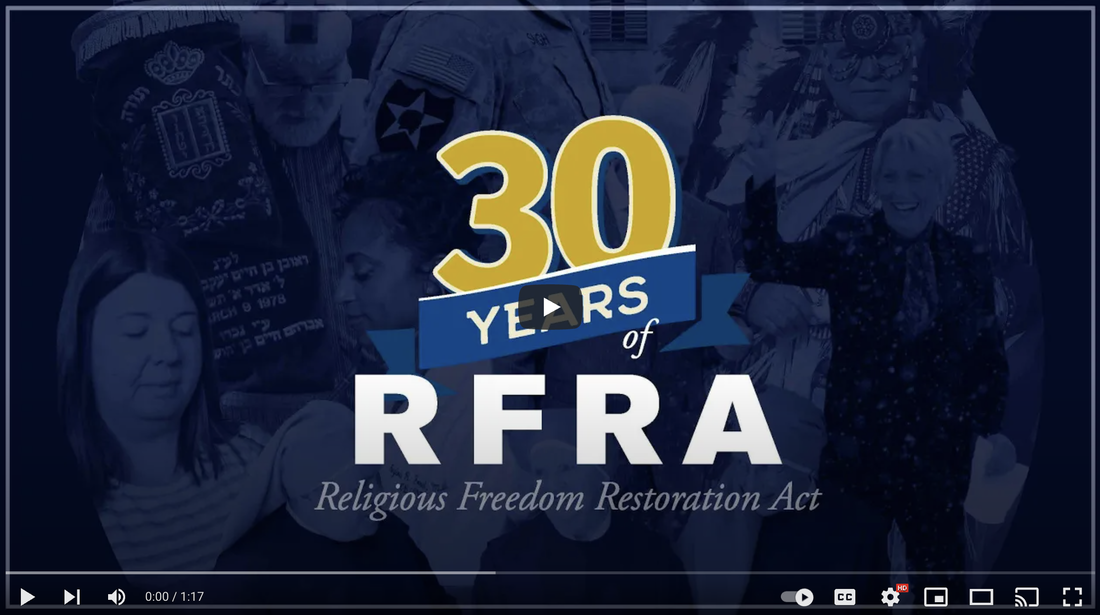
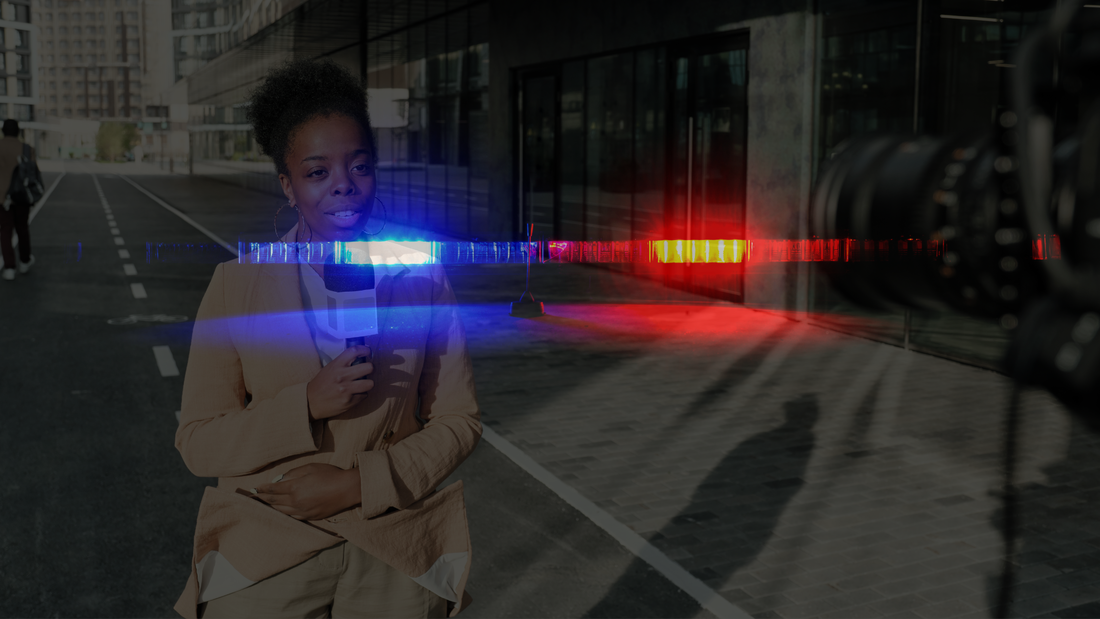
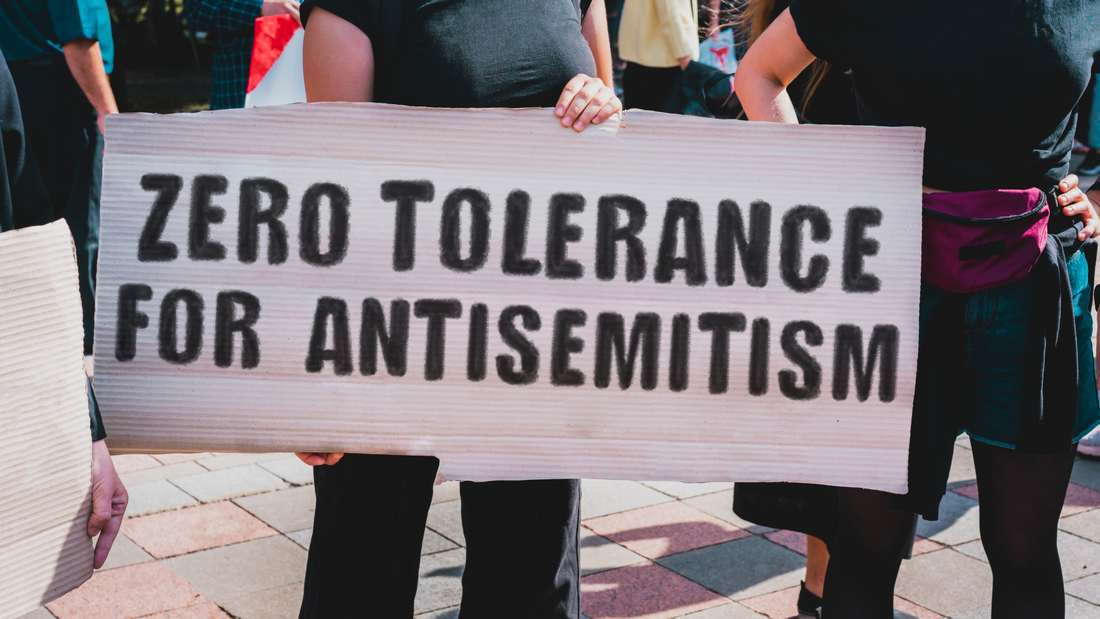
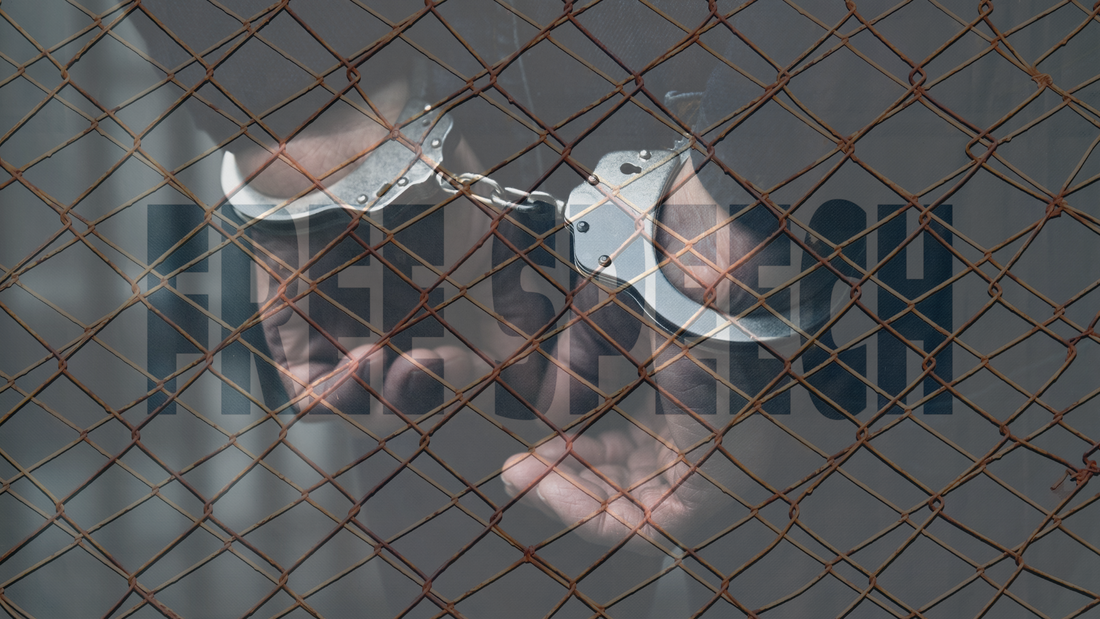

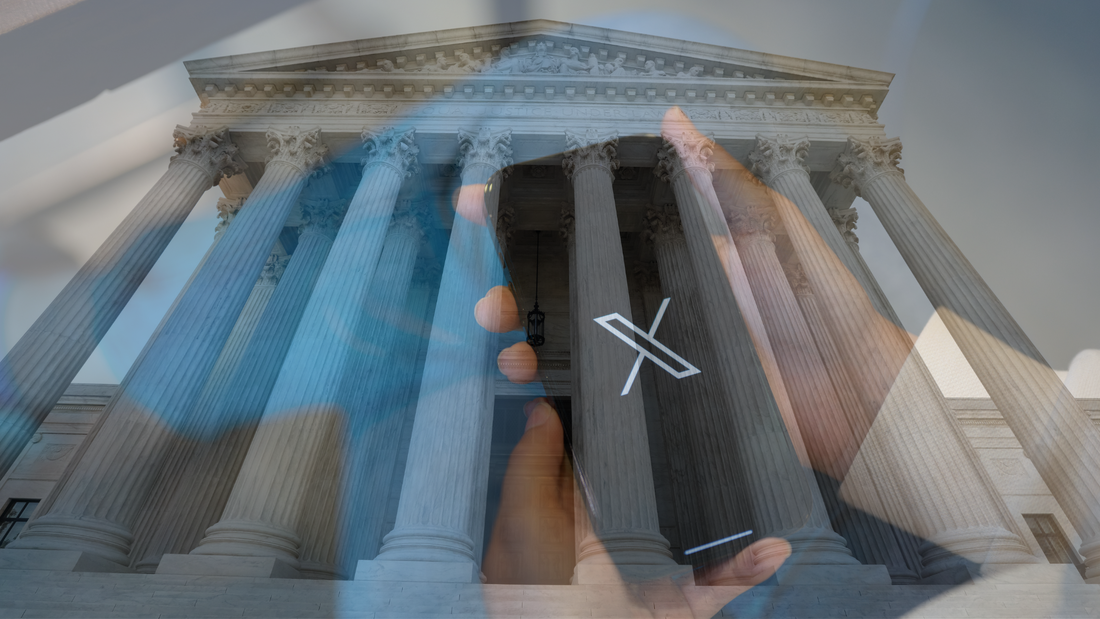


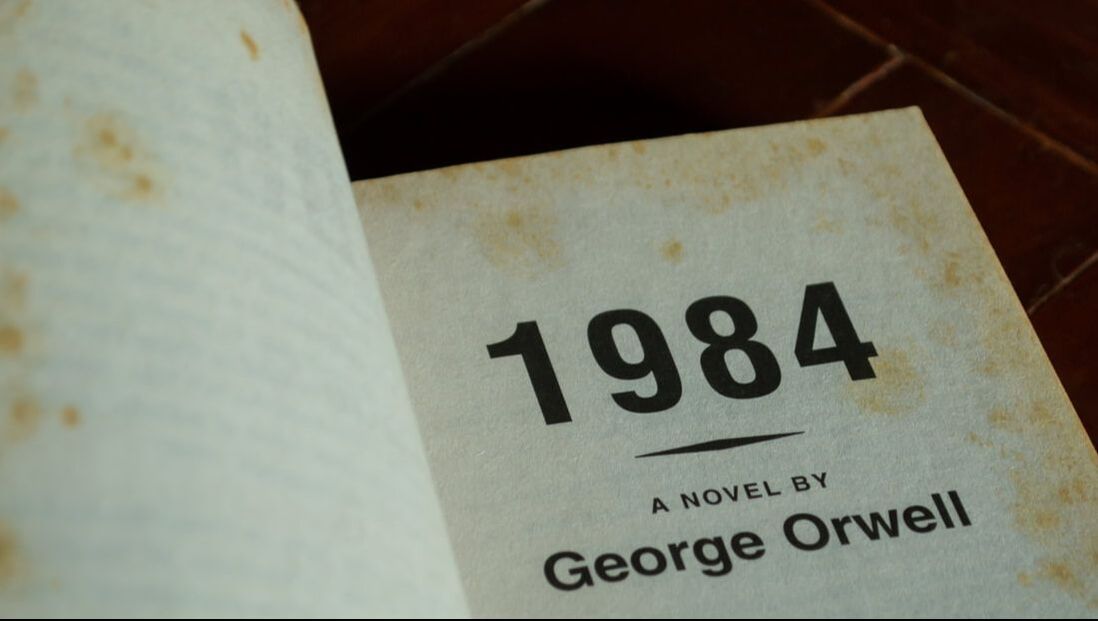


 RSS Feed
RSS Feed